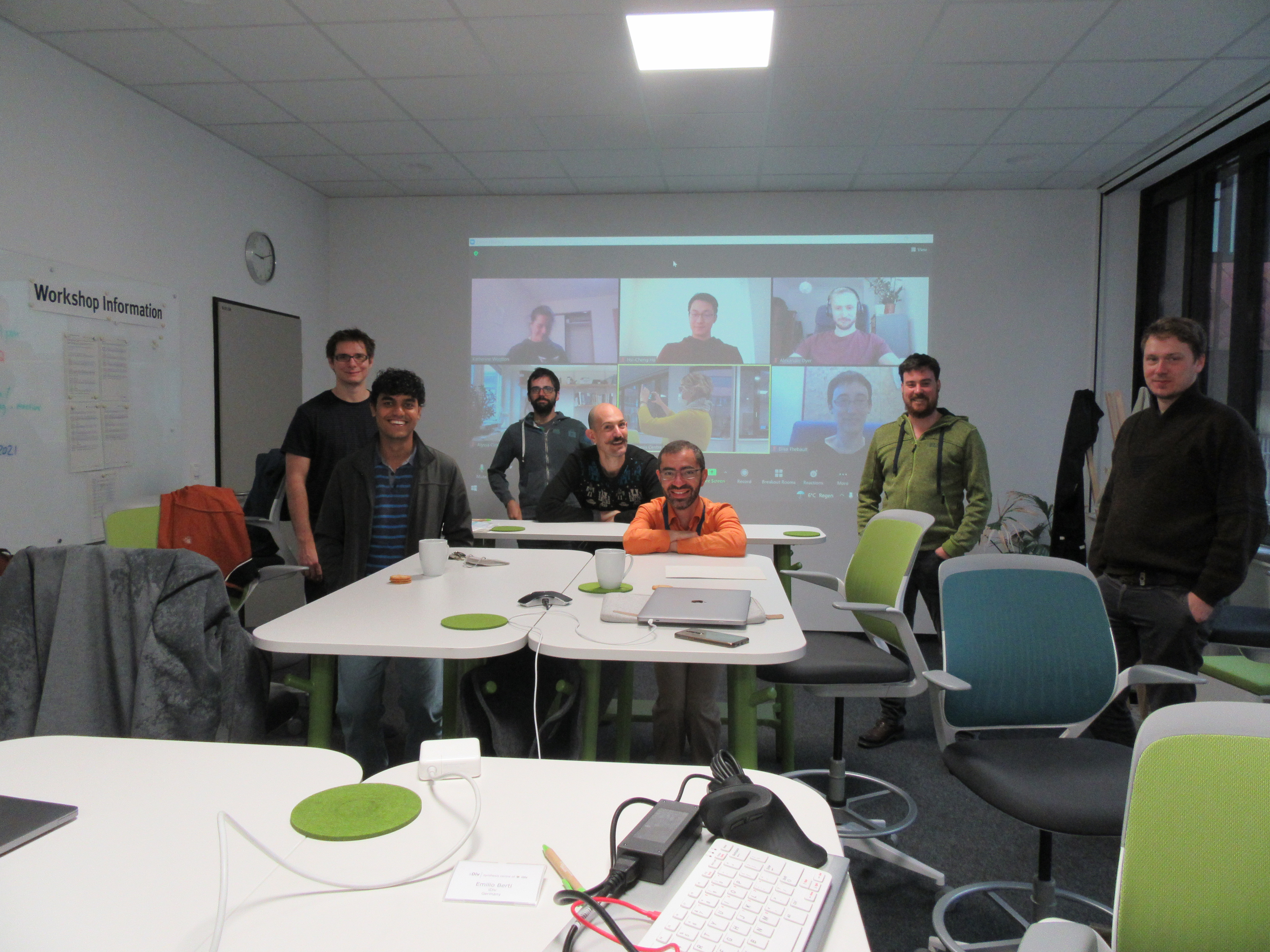sPRINT
Working out the mechanics of predator-prey interactions to predict the present and future of biodiversity in food webs
Virtual meeting: 12.-16.10.2020
PIs:
Mehdi Cherif
iDiv member:
Ulrich Brose
Project summary:
The network structure of food webs constrains not only community stability and thereby biodiversity but also eco-system functions and the system level response to perturbations by global change stressors. However, empirical quantification of food webs is extremely laborious and can thus only been achieved for very few communities. sPRINT aims to develop mechanistic eco-mechanical models that predict food-web structures based on more easily measured generic mechanical and physiological species traits (e.g. body mass and movement type) and physical characteristics of the ecosystem. sPRINT will bring together experts on food-web ecology, biomechanics and phys-iology to achieve the following goals: (1) building the first ecomechanical food-web database that synthesizes the GATEWAy database (global food webs, iDiv) with additional mechanical and metabolic traits from other relevant databases (e.g. ANIMAS, iDiv, and BioTraits, Imperial College); (2) extending the current eco-mechanical model from 3D habitats to 2D surfaces and more complex landscapes; (3) integrating it with existing food-web models that focus on other factors, such as optimal foraging and phylogeny and testing model predictions against natural food webs (GATEWAy); (4) predicting important dynamical properties of the communities, such as stability, resilience and resistance, and thus the species- and food web-level consequences including ecosystem functions that ensue from the loss or gain of species. Overall, sPRINT will thus develop models based on first principles that predict how generic species traits and physical characteristics of the habitat contrain species interactions with knock-on effects on community stability, biodidversity and ecosystem functions.
Participants:
Ulrich Brose (iDiv/Univ. of Jena); Mehdi Cherif (Umeå University); Anubhav Gupta (University of Zurich); Benoit Gauzens (iDiv/Univ. of Jena); Myriam Hirt (iDiv/Univ. of Jena); Stuart Humphries (University of Lincoln); Chantal Hutchison (Laval University); Elena Litchman (Michigan State University); Sebastien Portalier (University of Ottawa); Remo Ryser (iDiv/Univ. of Jena); Danielle Wain (7 Lakes Alliance/Colby College); Kate Wootton (Sveriges lantbruksuniversitet)
sPRINT working group meeting November, 2021
First meeting: 02.-05.11.2021
In person participants:
Mehdi Cherif (National Research Institute for Agriculture, Food and Environment France); Georg Albert (iDiv); Russell Arnott (University of Bath); Emilio Berti (iDiv); Alexander Dyer (iDiv); Benoit Gauzens (iDiv); Anubhav Gupta (University of Zurich); Remo Ryser (iDiv);
Remote participants:
Hsi-Cheng Ho (Eawag: Swiss Federal Institute of Aquatic Science and Technology); Samraat Pawar (Imperial College London); Sebastien Portalier (University of Ottawa); Elisa Thebault (iEES Paris – CNRS – Sorbonne Université); Danielle Wain (7 Lakes Alliance and Colby College); Kate Wootton (University of Colorado)
